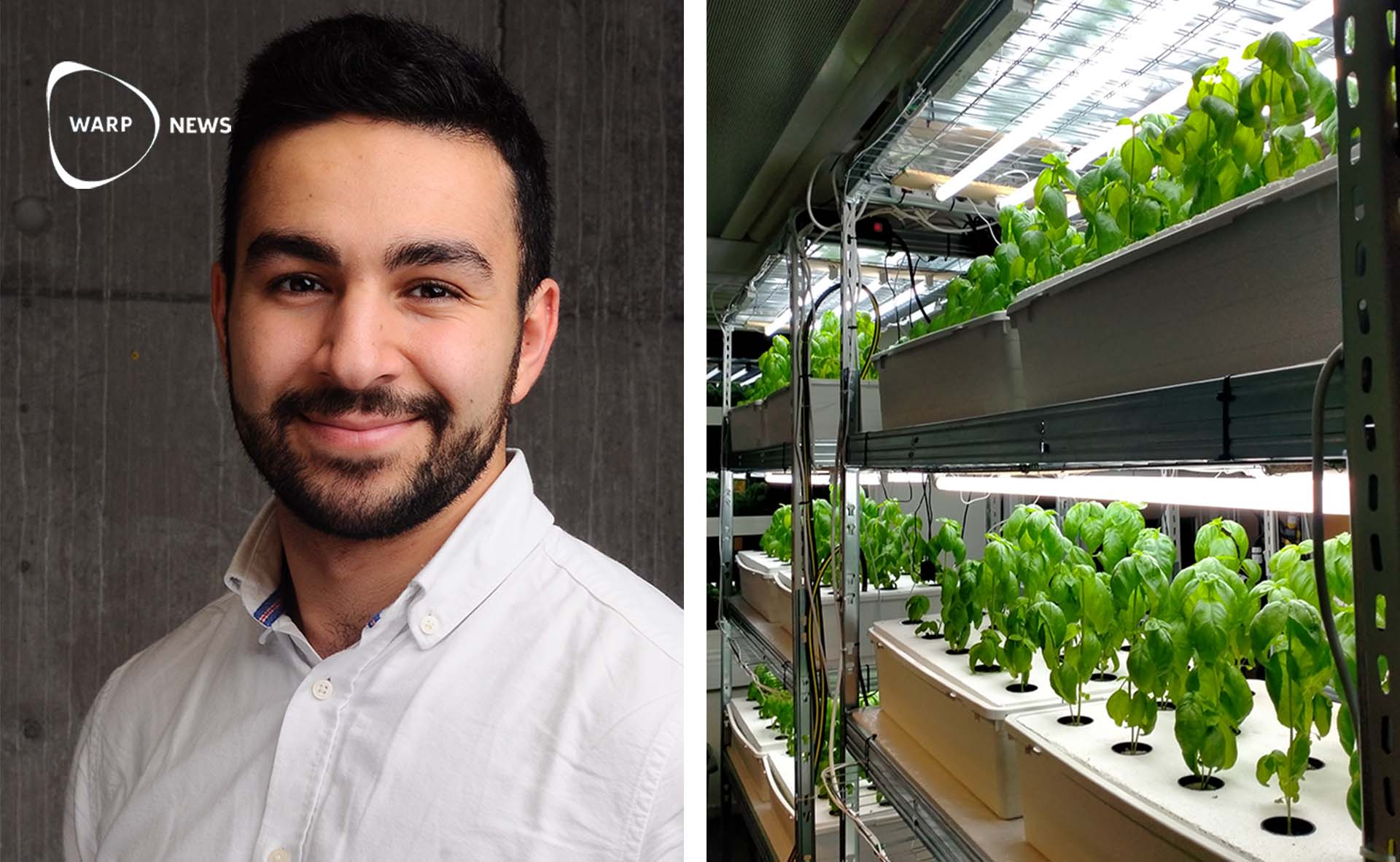
👊 "If there is an opportunity to help save the world, you have to take it"
It's not all about electric power and batteries. Traveling smarter and more efficiently is something we can do already. We've met Jesper Johansson who is an expert in Mobility Management.
Share this story!
Jesper Johansson already started working with Mobility Management and behavioral measures in mobility at his first job, at the Swedish County Administrative Board, after university.
"It felt natural to work with that because there was such great potential when it comes to changing how people travel and how much carbon dioxide they emit."
In 2007, Jesper became a consultant and has not left that position since. He still finds it extremely rewarding to drive the development toward sustainable mobility by helping various organizations.
"I'm value-driven, and I think that is the basic driving force for me to work with what I do and why I started Transformo. I just feel comfortable working on something I really believe in."
"I think this is the most important issue now"
Transformo, where Jesper is CEO, helps companies, organizations, cities, and authorities to develop and implement sustainable mobility - everything from an organization's commuting and business trips to the future of public transport.
"I have chosen to create my own work situation so that during working hours, I can help reduce carbon dioxide emissions in the world. I think this is the most important issue now. In my spare time, I have also been involved in the non-profit association Gröna Mobilister since 2014, an organization that works for green and sustainable mobility. If there is an opportunity to help save the world, you have to take it. Those are my thoughts."
Much of what Jesper revolves around two concepts: Mobility Management and Travel Demand Management. But what are those, and why are they important?
"It is about increasing the use of sustainable mobility solutions, creating them, and making them attractive. It is thus not about building new cycle paths or new metro lines, but by increasing the use of the already existing range of sustainable mobility."
"Unfortunately, the knowledge level is still a bit too low"
Jesper believes that the potential for change through Mobility Management is great and extremely socio-economically efficient. Unfortunately, the level of knowledge is still a bit too low, and the use of Mobility Management needs to be implemented in all organizations and in strategic plans and programs.
"It's about influencing residents' behaviors and habits by offering attractive, sustainable solutions at the right time and place. Marketing and communication are two essential tools. You do not really buy Coca-Cola instead of Pepsi because it is so much better but because you unknowingly identify with one brand."
Helping private and public authorities to alter their commuting and business trips is a core business for Transformo. Jesper describes the work as really fun and that it always gives a very good effect.
"In this work, we collaborate with CERO Sweden. In total, approximately 120 organizations in Sweden, Norway, and Finland have adjusted and reduced their carbon dioxide emissions to a greater extent than Carbon Law advocates with the help of the CERO process. At the same time, they have reduced their travel costs and got more satisfied employees. WIN-WIN-WIN, as we often say."
"The clock is ticking, and a big change will be required"
Jesper believes that the changes have become greater now after the pandemic because very many have become accustomed to having digital meetings, and most employers introduce policies that facilitate more work from home.
"It feels fun and is clear proof that our process works when large multinational companies that have reduced their emissions in Sweden want to continue working in the same way with their factories and workplaces in other countries."
In five years, Jesper Johansson believes that it will be even more important for an organization to reorganize its commuting and business trips and thus reduce its climate impact.
"The clock is ticking, and a big change will be required. But it is relatively simple, and in five years, it will be even easier. By then, I believe we'll have developed our process and our tools, so it will be easier and even more profitable for an organization to implement the change."
At the same time, he believes that there will be a greater range of sustainable mobility services, and the legislation will facilitate the transition.
"I think, for example, that it will be possible for a company in Sweden to use a so-called Mobility Budget for an employee. A system that exists and works well in several European countries today but which does not work here due to current legislation."


By becoming a premium supporter, you help in the creation and sharing of fact-based optimistic news all over the world.



